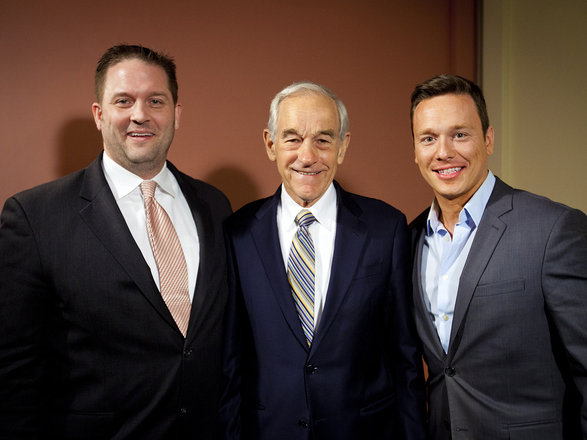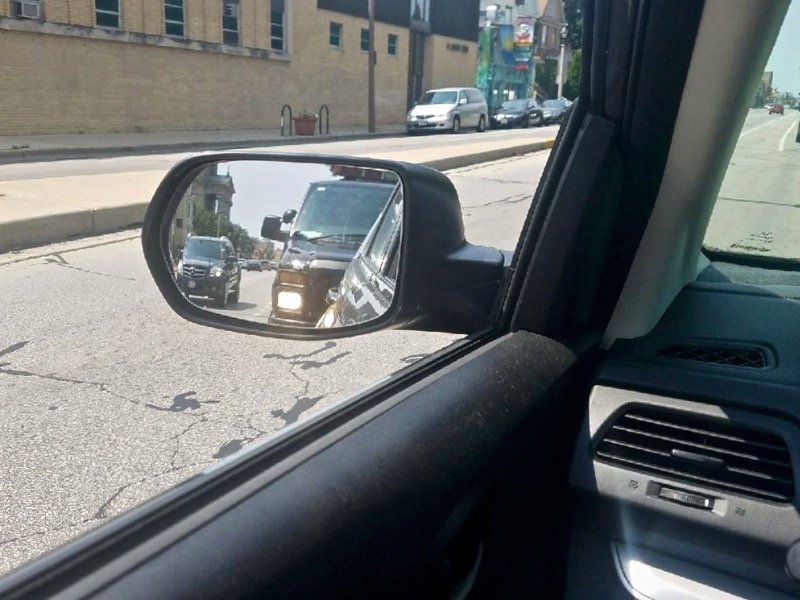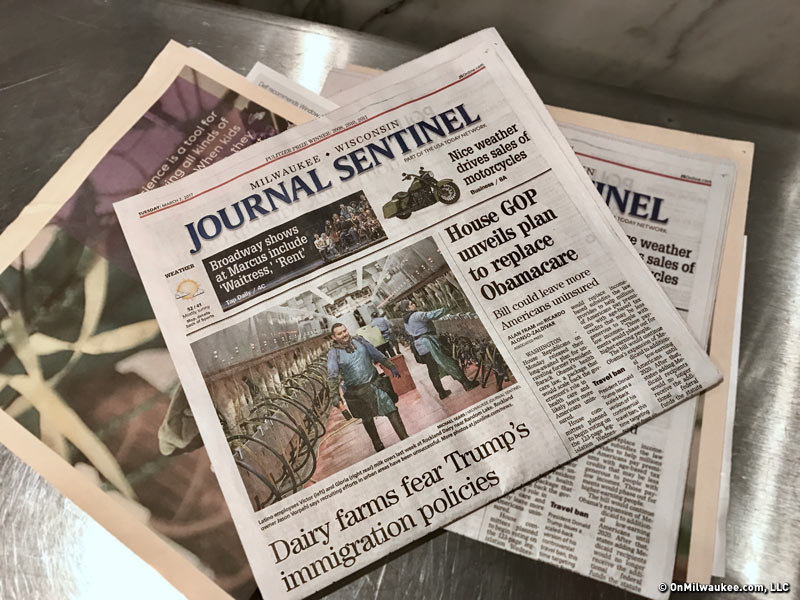Technology has changed the way we get the news and consume media. We’ve come a long way from town criers (or bellmen as they were known) walking the streets yelling public announcements.
Newspapers, radio, and television have all come along to inform us as the technology advanced in the early days of print publishing and transmitting electronic signals on airwaves. Organizations, both large and small, have found ways to make money by delivering information. Editors and producers were tasked with making the decisions of what news items were more important than others, trying to earn credibility and growing an audience.
It didn’t matter what the personal motivation was – the pursuit of the truth to padding the bottom line – an art has been developed in delivering information to an audience.
Unfortunately, it takes access to resources to put in the time and work to produce and deliver the news. As businesses come and go in the media world, our options to choose where we get our news from changes. As political slants grow and fade through the generations, so does the perspective of the storytelling.
As in history, it is usually the winners of the war that get to tell the story.
The internet, advances in mobile devices, camera gear and audio equipment has changed the landscape once more. Instead of broadcasting to the masses, outlets are able to niche-cast to reach underserved audience segments.
Investigative reporter Ben Swann has left the ranks of TV journalists in an effort to reach people who have become fed-up with the traditional mainstream sources. His "Liberty is Rising, Truth in Media" project launched on Kickstarter this week.
In just a few days he’s reached more than $105,000 of his $1.25 million goal.
"We believe that this Kickstarter project is about more than just media, it is a genuine attempt to investigate issues the mainstream media in America is not covering," Swann said.
It is an ambitious effort. Without the backing that large broadcast media companies have with advertisers that spend millions a year, it can be difficult to pull off an effort on your own.
But in this day and age, getting the audience intended for the material to foot the bill, it can be done.
It’s called crowd sourcing.
"Issues like the Federal Reserve, CISPA, drone strikes, the drug war, etc., are what the American people are asking for. This will be journalism by the people, for the people," he said.
Swann knows the power in delivering reports on the internet, as his "Reality Check" and "Full Disclosure" series have had more than 10 million viewers from 140 different countries. For this effort, he knows he can post his work on YouTube and his own website. But, he’s seeking a larger audience.
Podcasts, mobile app and video placement on Hulu, Netflix and Spotify are among the goals.
"I was honored and humbled by so much of the feedback yesterday from people who expressed that they have never given to something like this before and yet feel compelled to stand with this project," Swann said in a statement after the Richter Studios project launch on Kickstarter.
No matter your political take, your options on consuming media abound. Through digital efforts like this, we may be at the beginning of a new golden age in journalism. That’s a large statement considering the crumbling state of the industry we’ve seen in recent years and the number of jobs lost by many of my personal friends and colleagues.
It’s been said that if you want to go to a place where people value journalism, you’d need a time machine. I tend to be more cup-is-half-full and believe that we can work, and still have an impact on our community.
This is one of those efforts.
You can see the Ben Swann trailer here:
Media is bombarding us everywhere.
Instead of sheltering his brain from the onslaught, Steve embraces the news stories, entertainment, billboards, blogs, talk shows and everything in between.
The former writer, editor and producer in TV, radio, Web and newspapers, will be talking about what media does in our community and how it shapes who we are and what we do.







